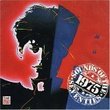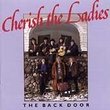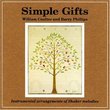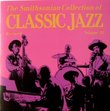| All Artists: Giya Kancheli Title: Exil Members Wishing: 2 Total Copies: 0 Label: Ecm Import Release Date: 4/18/2000 Album Type: Original recording reissued, Import Genre: Classical Styles: Chamber Music, Historical Periods, Classical (c.1770-1830) Number of Discs: 1 SwapaCD Credits: 1 UPC: 028944780826 |
Search - Giya Kancheli :: Exil
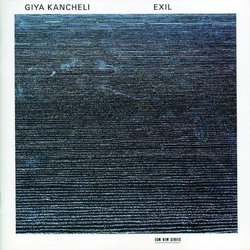 | Giya Kancheli Exil Genre: Classical
|
Larger Image |
CD DetailsSimilarly Requested CDs
|
CD ReviewsSong cycle of sorrow - a soul's exile Desert Girl | 07/27/2007 (5 out of 5 stars) "`Exile' is a vocal work sung in German, in faultless style, by Maacha Deubner accompanied by an ensemble of 5 instrumentalists with subtle additions of synthesizer and tape. It starts with a setting of the 23rd Psalm, followed by three settings of small, searing poems by Paul Celan, and ends with `Exile', a poem by Hans Sahl. Both of these poets knew exile and were scarred by Nazi atrocities during World War II - Celan barely escaped with his life from an Romanian prison camp, and Sahl fled Germany in 1933 and escaped to America on one of the last ships leaving Marseille in 1941, so even though this work is titled after `Exile' and alludes to Kancheli's own exile from his country, it is also heavily weighed upon by memories of the war. The music is uniformly slow with spare, open writing and few of the extremes of dynamics common to his writing. The composition is intensely `inner', nearly conversational, and the voice, held at all times non vibrato and in great control, echoes in pure tones as if sung in a vaulted space like a cathedral. There is even a bell which tolls.
There have been many, many settings of the 23rd Psalm, but none so luminous and harrowing - if that combination is possible - and it is, because Kancheli's setting is not the usual faith-filled declaration, but infused with an anguish, a restraint, reflecting the poems to follow which will speak of loss of faith, despair, resignation. At the end of 23rd Psalm Kancheli attaches two phrases from Psalm 9: `The heathen are sunk down in the pit that they made' (where Deubner crescendos upon the word `gegraben' allowing a bit of vibrato to enter in to powerful effect), and the mournful taped voice of a child singing in Latin `Lord hear my voice', which the soprano urgently answers in German. It's as if a child is calling from a great distance to his mother, or perhaps from the grave, or perhaps mother and child together as spirits calling one to the other. The ending of 23rd Psalm evokes a serene annihilation. Overall, there are a few vertical climaxes to this nearly horizontal work - the agitated strings before `Thou shalt prepare a table before me', and the soprano's soaring `gegraben' in 23rd Psalm, the word `dorn' which pierces the heart of the listener indeed like a thorn, or a sliver of glass, at the end of `Psalm', and the pounded strings at the end of `Exile'. Then there are the musical motifs which Kancheli carries forward from another work - the plaintive solo flute which is almost Sufi in its connotation of the soul, the taped voice of a child singing `Lord hear my voice', and the simple `resignation' motif all first heard in `Morning Prayers'. This is very beautiful music. But it is also some of the saddest music ever written. Highly recommended." |

 Track Listings (5) - Disc #1
Track Listings (5) - Disc #1